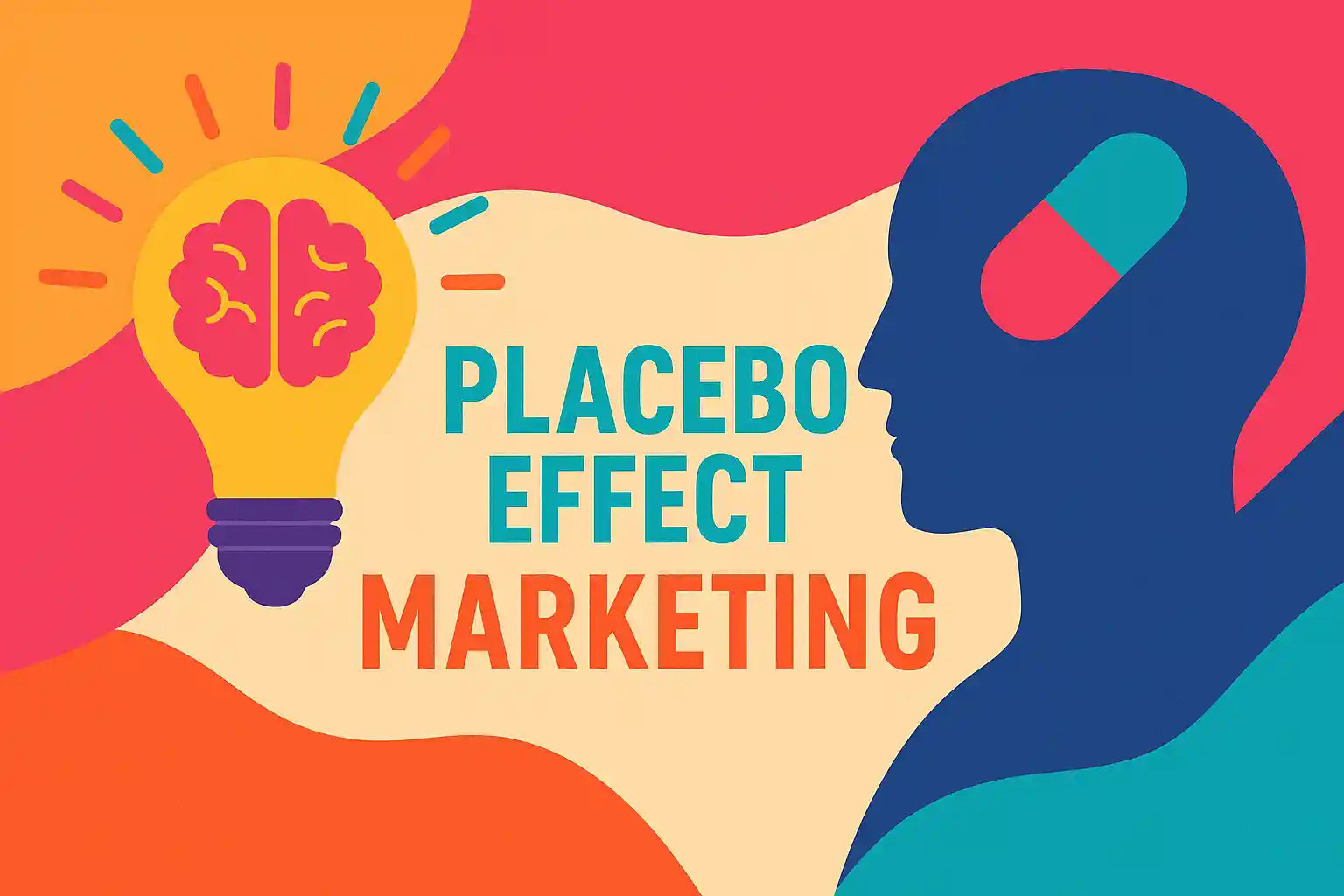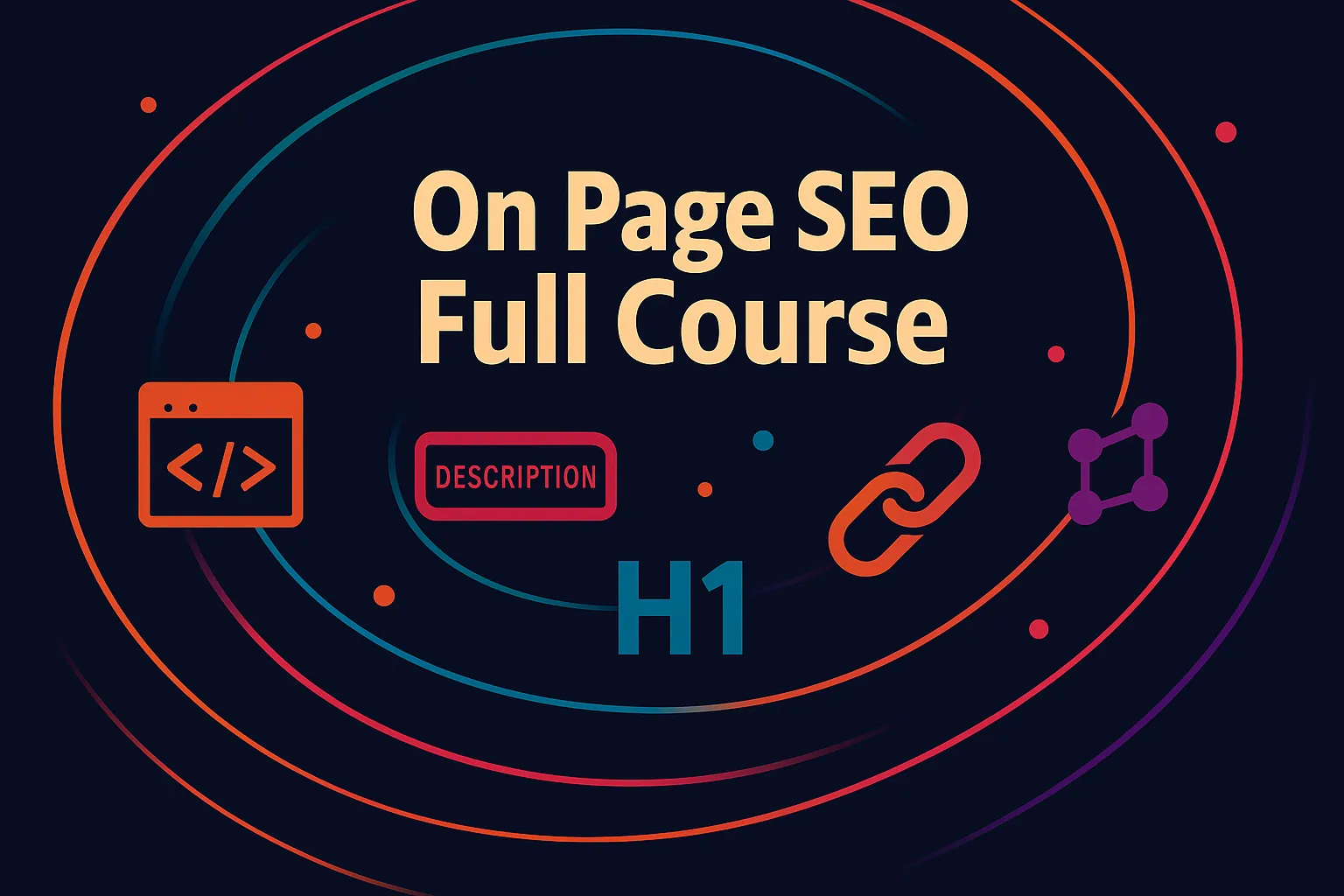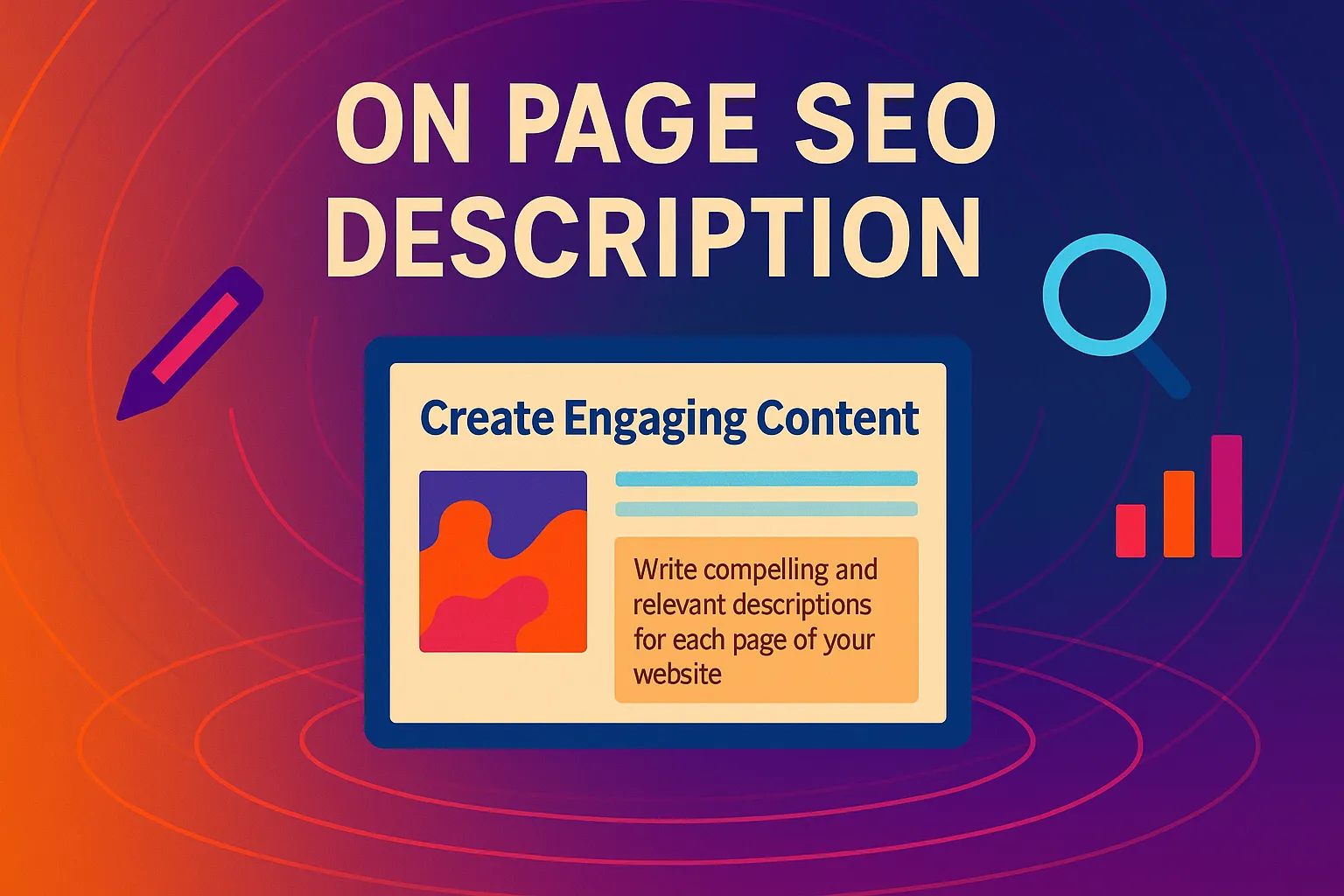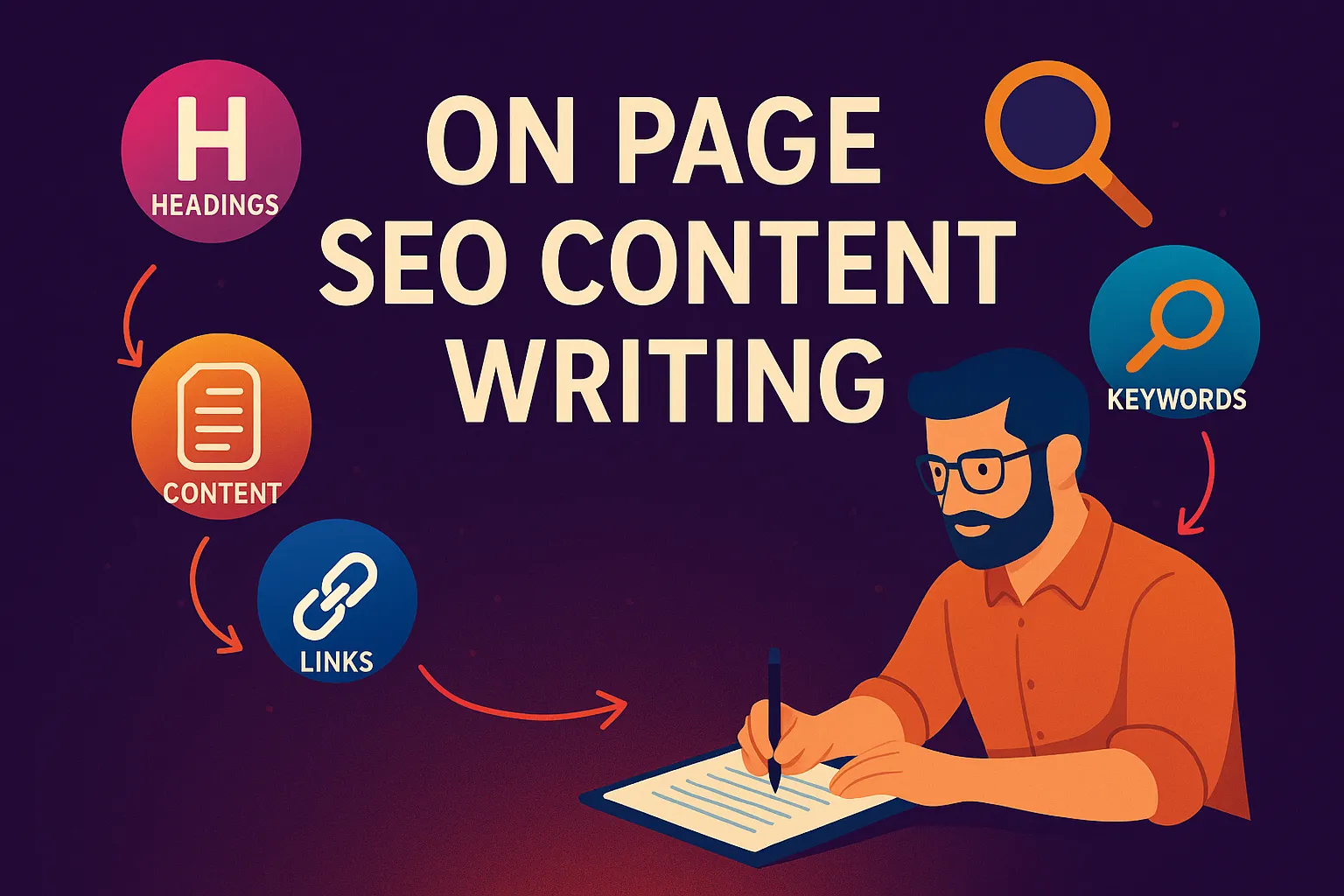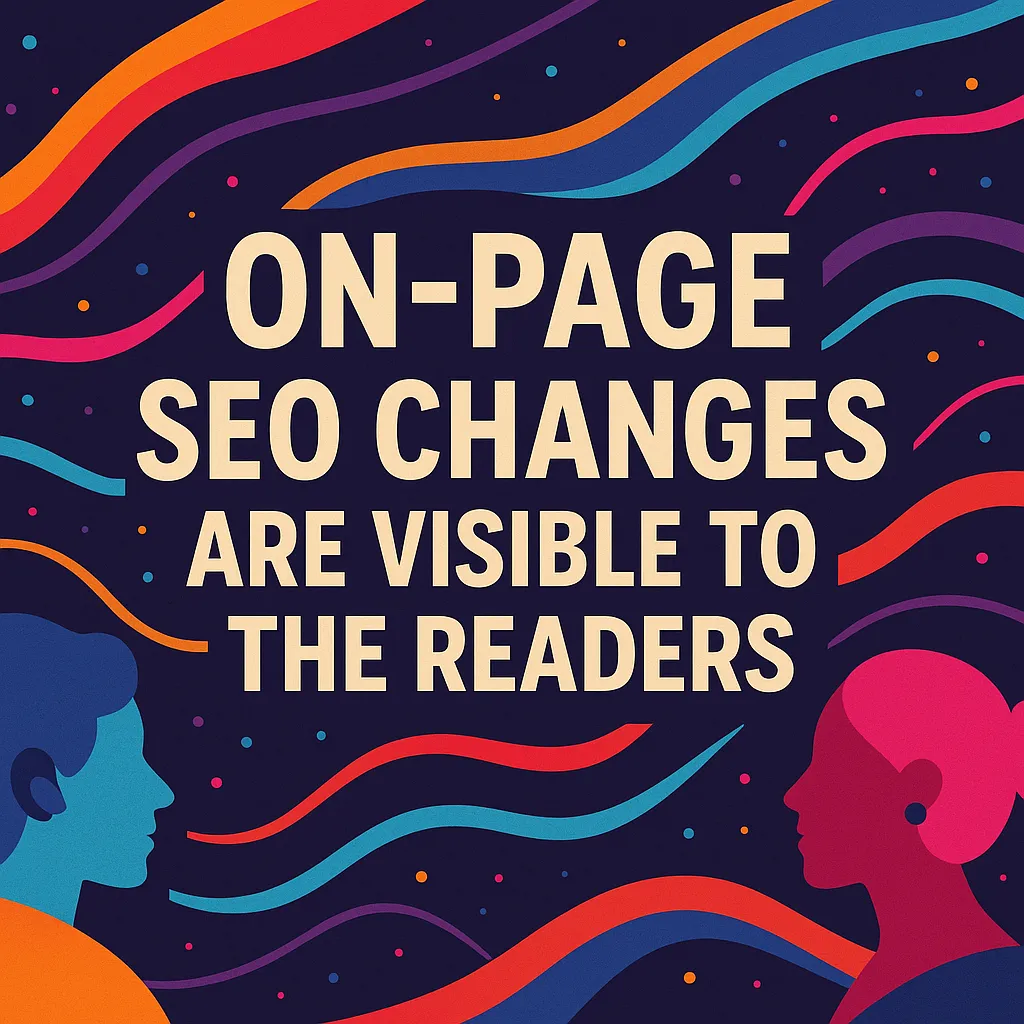What the Term Means
Placebo effect marketing is the practice of using design, messaging, and sensory cues to create positive expectations that enhance a customer’s actual experience. It mirrors the medical placebo effect, where belief triggers real outcomes, but applies that insight to commerce in an honest way.
Instead of sugar pills, we work with colors, words, sounds, and prices to prime the mind for satisfaction. When I first discovered this phenomenon, it felt almost mystical—yet the science is clear that perception rewires reality.
Today, every strategy we craft at Vibe Branding respects this power because our reputation depends on delivering delight, not illusions.
TL;DR
- Belief shapes reality. Customers experience products through the lens of their expectations, and smart branding can ethically tilt those expectations in your favor.
- Packaging, price, story, and sensory cues are the four biggest levers I’ve used in a decade of campaigns at Vibe Branding to turn ordinary products into memorable experiences.
- Real studies back this up, from fake knee surgeries that relieved pain to “expensive” wines that tasted better simply because of the price tag.
- Placebo effect marketing is not deception; it’s about aligning every cue with genuine value so customers get what they hope for—and then some.
- Business owners can start today by auditing the cues they send: refine design, set confident prices, weave a real story, and engage every sense to build trust and loyalty.
My First Encounter with the Power of Perception
Ten years ago, a local coffee chain asked me why their new premium roast tasted “flat” to customers despite scoring high in blind tastings. I noticed their cups were the same flimsy paper used for the budget brews, so I convinced them to switch to heavier, matte-black cups with a gold seal and a story about single-origin beans.
Sales jumped, but more importantly, regulars swore the coffee’s flavor had “finally been perfected.” Nothing in the roast changed; only the expectation did.
That moment showed me how placebo effect marketing can unlock value that’s already there. Ever since, I’ve treated perception as a core ingredient in every campaign we run.
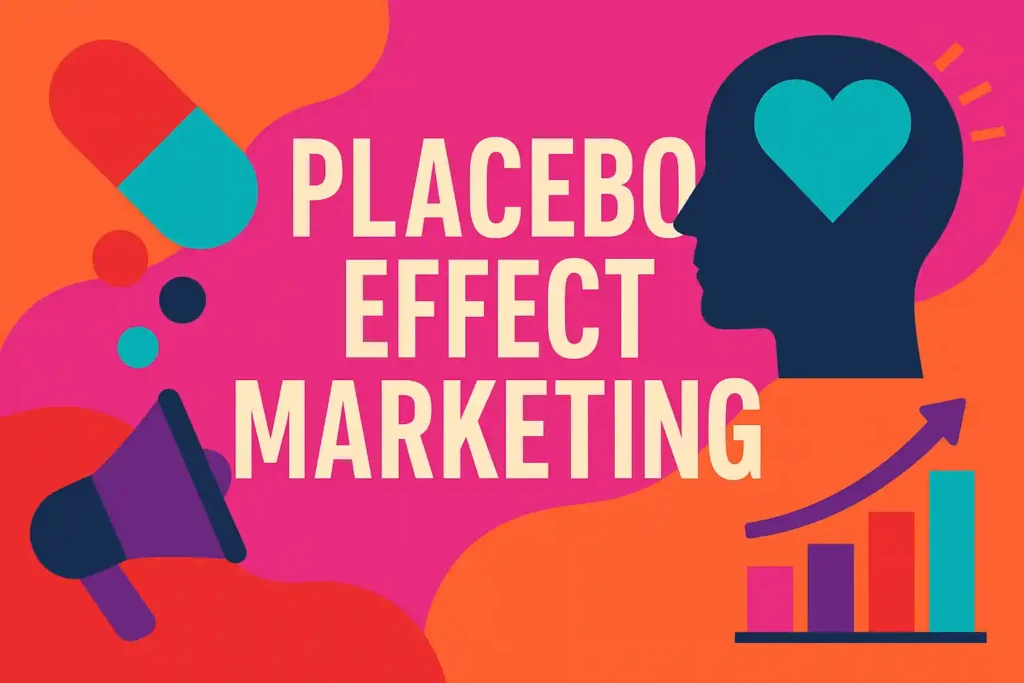
Study Snapshot: Evidence at a Glance
Before we dive deeper, here’s a quick look at four famous studies that prove belief can reshape experience:
Study | Cue Used | Outcome |
Finnish knee-pain trial | Sham surgery vs. real surgery | Identical relief at 12 months and 5 years |
Stanford wine experiment | Price label ($5 vs. $45) | Higher-priced wine triggered more brain pleasure |
7-Up color tweak | 15 % more yellow on label | Drinkers sensed “stronger lemon” flavor |
SoBe energy drink test | Full price vs. discount | Full-price buyers solved more puzzles |
These results may sound like marketing sorcery, yet they are simply the human brain doing what it always does—matching sensation to expectation.
I bring them up with every hesitant client because the data confirms that placebo effect marketing works when you pair it with genuine quality. We never fake substance; we spotlight it so customers can feel it fully.
Armed with proof, business owners usually shift from skepticism to strategic curiosity in minutes.
Packaging & Presentation: Designing Expectation into Every Surface
The first handshake between brand and buyer is visual, and I’ve learned that even tiny tweaks can rewrite the entire story in a shopper’s head. A luxury food startup we guided two years ago swapped a glossy plastic pouch for a recyclable kraft box with a die-cut window; reviews of taste richness leapt 23 % in post-purchase surveys.
Six sentences into that feedback form, customers confessed they felt the granola was “artisanal” before tearing the seal. That’s placebo effect marketing in action: the box whispered “hand-crafted,” and taste buds followed suit.
Remember the 7-Up study—color alone reshaped flavor perception—so treat every hue, font, and texture as a promise you must honor. When design, product, and purpose align, the expectation you plant blossoms into loyalty you can count in repeat orders.
Pricing Psychology: Why Paying More Often Feels Better
One of the toughest lessons for founders is that a timid price can sabotage the very value they sweat to create. Years back, we helped a SaaS tool raise its entry plan from $19 to $39 after adding robust onboarding videos; churn dropped, trial-to-paid conversions climbed, and users reported “fewer bugs” even though the codebase stayed the same.
The new price signaled confidence, and users interpreted normal hiccups as learning curves instead of defects. That mirrors the SoBe experiment where a discounted drink delivered less mental boost simply because belief shrank.
When I discuss pricing, I frame it as an emotional anchor: set it where your true quality belongs, then exceed the promise. Used wisely, placebo effect marketing through price not only funds better service but ensures customers appreciate the craft you pour in.
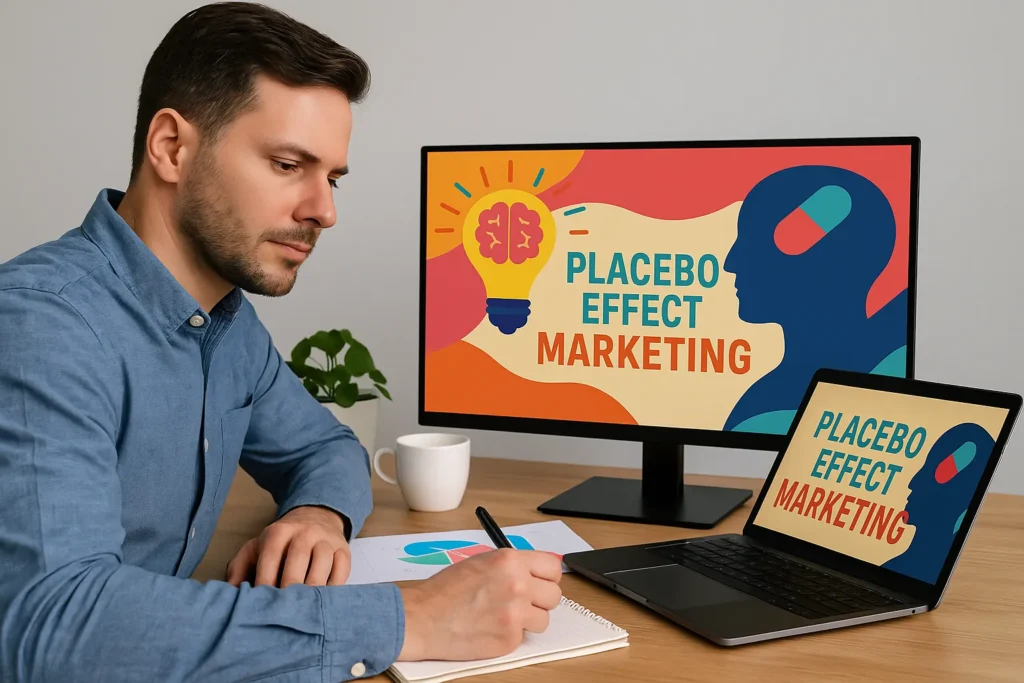
Storytelling: Crafting Value Beyond Features
Narrative is the oldest marketing tool on Earth, and it still works because humans store reality as stories. At Vibe Branding, we once took a dusty family-owned piano shop online; rather than pushing specs, we filmed the owner’s ritual of tuning by ear at dawn.
Transactions doubled in one quarter, and buyers emailed me to say they “felt the heritage in every note.” Like the Significant Objects experiment that turned flea-market junk into treasures with a few lines of fiction, our video attached meaning you could almost hear.
This is placebo effect marketing with honesty: you reveal the real soul of your product so the customer experiences that soul. A good story upgrades an item from “useful” to “personal,” and personal objects command care, referrals, and repeat business.
Sensory Branding: Engaging Every Sense for Maximum Trust
Sight and story are only part of the orchestra; sound, scent, and touch conduct emotions too. When a boutique gym we rebranded added a subtle citrus-mint aroma at reception and replaced metal clanks with rubberized plates, membership satisfaction scores climbed 15 % in three months.
Members told us the space now felt “cleaner” and “more energizing,” though the square footage and classes never changed. Their brains filled in the gaps because every sense pointed toward freshness and vitality.
That’s the quiet elegance of placebo effect marketing: align the senses with your promise, and users will live the promise. I encourage owners to audit their customer journey blindfolded, so to speak, and script each sensory cue to reinforce their core message.
Sequence the cues right, and the brand experience becomes unforgettable.
Ethics & Long-Term Trust: Walking the Fine Line
I’m often asked if leveraging perception is manipulative, and my answer is simple: only if you lie. We never promise what a product can’t deliver; we amplify real strengths so customers notice them immediately.
After all, a placebo works best when the underlying treatment has merit. That’s why our about page states that Vibe Branding was founded to “redefine the marketing landscape” through transparency and measurable results.
By pairing honest quality with expectation design, placebo effect marketing turns into a virtuous cycle where experience matches hype and trust compounds. Betray that trust once, and no color code or price tag will save you, so treat perception as a sacred pact, not a cheap trick.

Key Takeaways for Business Owners Ready to Act
Reflect on the studies above, and you’ll see a blueprint for growth hiding in plain sight. Start by tightening your packaging so it looks and feels like the quality you’ve built inside.
Price with courage, because a confident number can give customers permission to believe in your solution. Tell a story rooted in truth, then let every sense back up that narrative at every touchpoint.
In a world flooded with choices, placebo effect marketing helps sincere brands cut through by shaping expectation—and expectation, as we’ve proven, reshapes reality. If you’d like a partner who has practiced these principles for a decade and counting, my team at Vibe Branding is only a call away.
Implementation Roadmap: A Faster Path from Insight to Action
I start every project with a rapid walk-through of the customer journey, from Google result to unboxing. Any design, price, or copy detail that undercuts our promise gets flagged.
Tightening those small gaps is the quickest way to let placebo effect marketing work in our favor. Next, I match each brand cue to a target emotion—trust, energy, or calm—and share that map with design, dev, and copy.
When every touchpoint sings the same note, customers stop looking for flaws and lean into enjoyment. We then run bite-sized A/B tests: a darker box, a higher anchor price, or a subtle lobby scent.
Real numbers show which tweak boosts perceived quality and repeat sales, so wins get rolled out fast while duds disappear quietly. Story powers the whole system, so we keep a living “brand bible” of our origin, customer wins, and future vision.
We thread that narrative into ads, emails, and packaging so buyers feel part of something bigger than the product. Finally, a tight feedback loop—post-purchase surveys and review mining—catches new gaps before they erode trust.
Monthly huddles turn that data into quick fixes, ensuring expectation and reality stay in lockstep and the growth flywheel keeps spinning.

